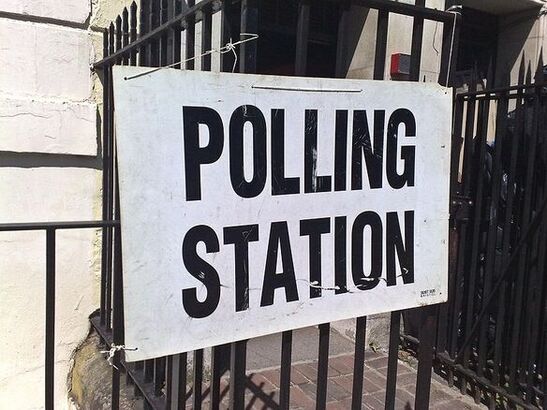|
4/15/2022 The Opinion Makers: An Insider Exposes the Truth Behind Polls. David W. Moore. Reviewed By: Thomas Riggins (4/9)Read NowChapter 3 "Telling Americans What They Think" In this chapter Moore explains how and why the polls so often go wrong and why even though the pollsters know how to end the problem they refuse to do so. We have all heard about the 1948 election polling fiasco: "Dewey Defeats Truman!" The reason all the major polls got it wrong is that they quit polling in the middle of October. Since 1948 they have learned that so many undecided voters are out there who don't finally make up their minds until the last two weeks before the election, that Moore says "no pollster today would even consider predicting a presidential winner based on polls conducted two weeks or longer before election day." So the best polls are those taken as close as possible to the election. The reason so many meaningless polls come out during the election season is that the media demand them to spark interest in their papers and shows (so they can pump up ad revenues-- it’s all quite cynical.) There is a phrase, from Gallup, that all pollsters use that goes something like this, "if the election were held today for whom would you vote." This is a forced choice question which results, as the pollsters know, in a false picture of reality. They refuse to first ask if the respondent is still undecided because that does not provide the dramatic results of a split nation, demanded by the media. Sometimes they may put a "no opinion" figure-- usually very small because respondents just refuse to make a forced choice. The question also does not reflect the degree of commitment of the respondent's forced choice and many people end up changing their minds nearer to election day. All of this is uninteresting to the media. Private polls done for individuals or parties can reflect all this information, but they are rarely made public. The media quite consciously dupes us-- remember that the next time your favorite News Anchor tells you what the polls say about the upcoming election or what the people think about this or that policy. Finally, Moore informs us that there is a "crisis" in polling today. The crisis is the result of "the refusal of media polls to tell the truth about those surveyed and about the larger electorate. Rather than tell us the 'essential facts' about the public they feed us a fairy-tale picture of a completely rational, all-knowing, and fully engaged citizenry. They studiously avoid reporting on widespread public apathy, indecision, and ignorance. The net result is conflicting poll results and a distortion of public opinion that challenges the credibility of the whole polling enterprise. Nowhere is this more often the case than in election polling." I would add that it is just not in polling that the media falsifies our view of the world. Our so-called "free" media constantly distorts the news. Try this experiment. Compare Fox News ABC, NBC,CBS-- the BBC and then Prensa Latina (the Cuban state news service) all on line with, say, coverage of the Middle East, or South America-- just as examples. I think you will know from this experiment which news service to trust in the future. Next Up, Chapter Four: "Inscrutable Elections" AuthorThomas Riggins is a retired philosophy teacher (NYU, The New School of Social Research, among others) who received a PhD from the CUNY Graduate Center (1983). He has been active in the civil rights and peace movements since the 1960s when he was chairman of the Young People's Socialist League at Florida State University and also worked for CORE in voter registration in north Florida (Leon County). He has written for many online publications such as People's World and Political Affairs where he was an associate editor. He also served on the board of the Bertrand Russell Society and was president of the Corliss Lamont chapter in New York City of the American Humanist Association.
0 Comments
Leave a Reply. |
Details
AuthorWrite something about yourself. No need to be fancy, just an overview. ArchivesCategories |

 RSS Feed
RSS Feed